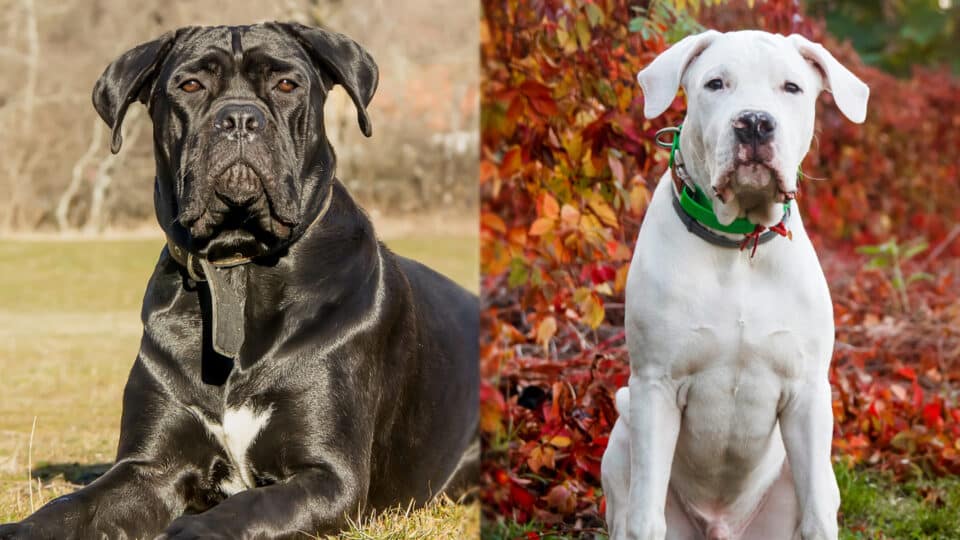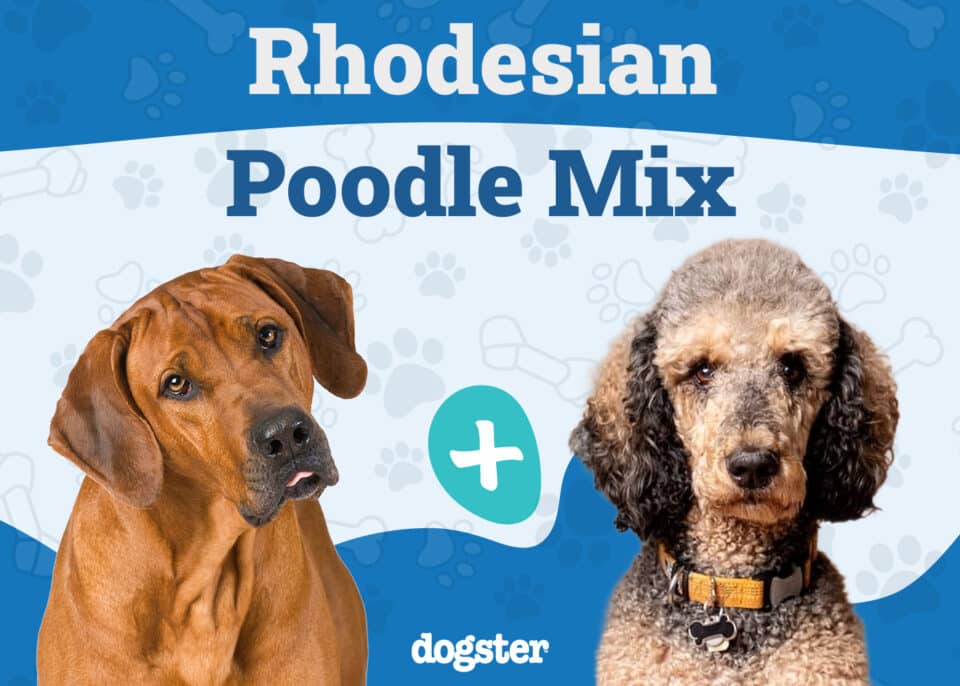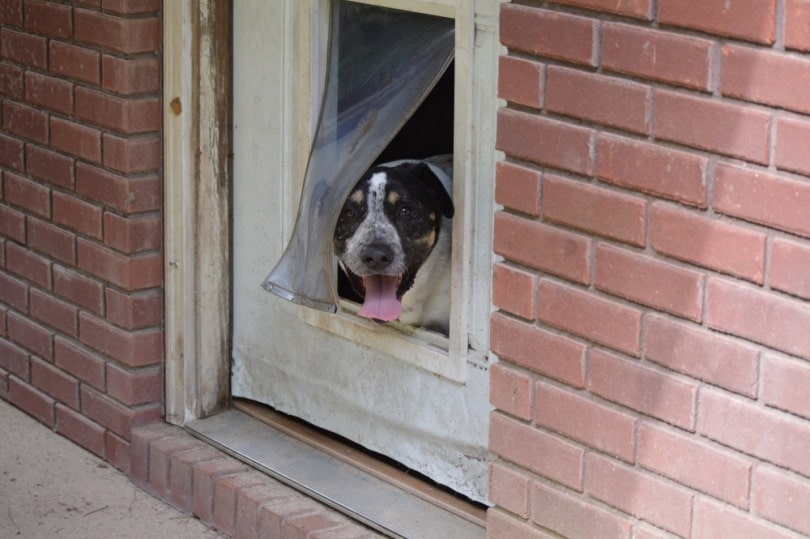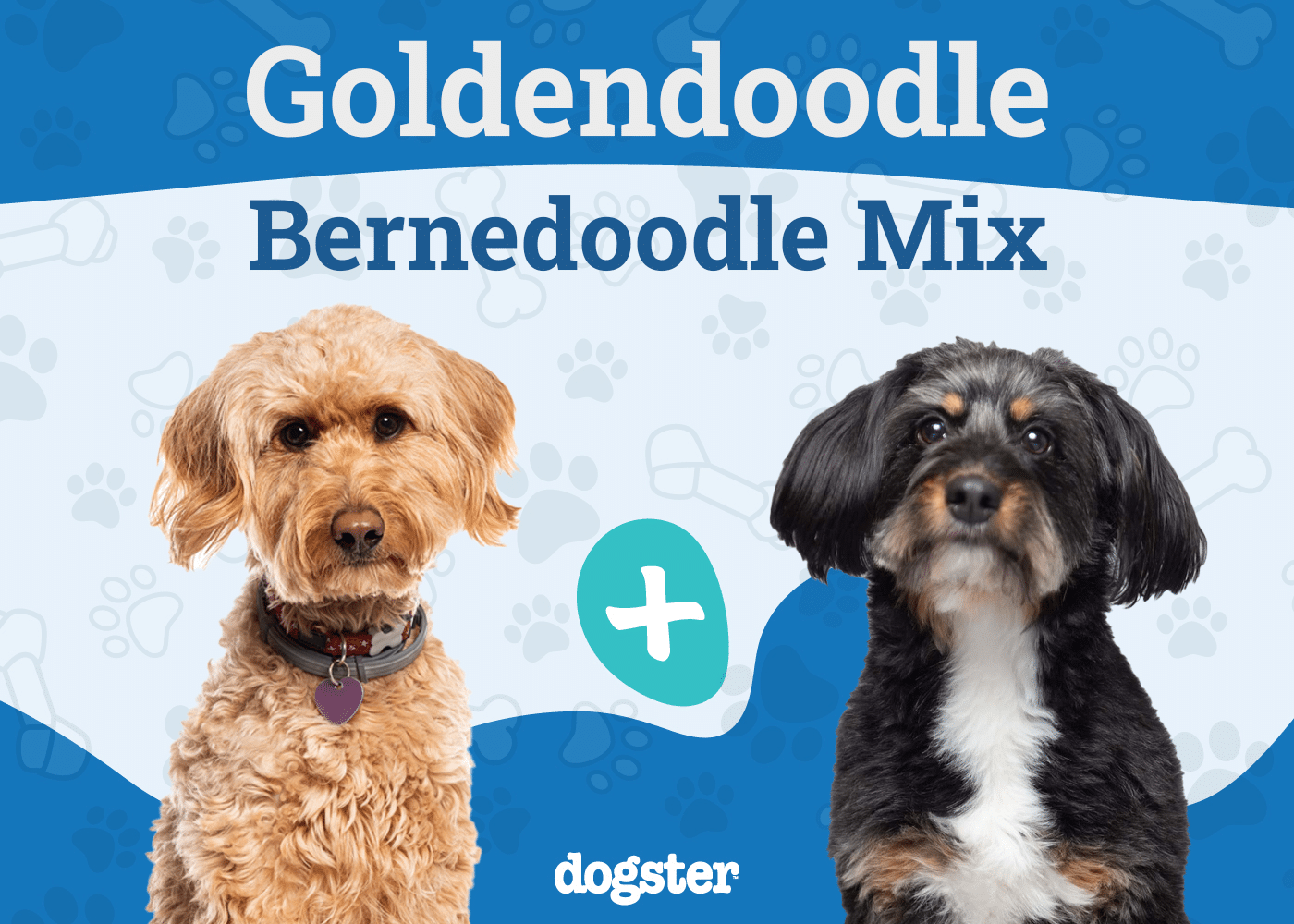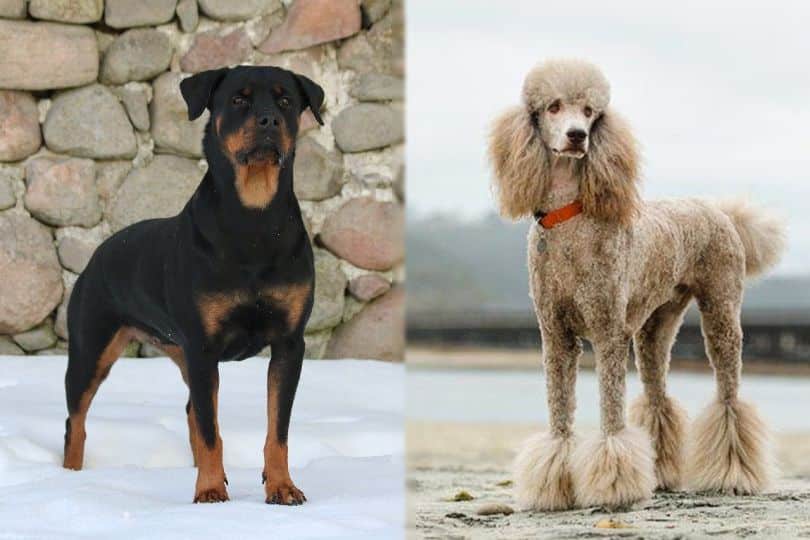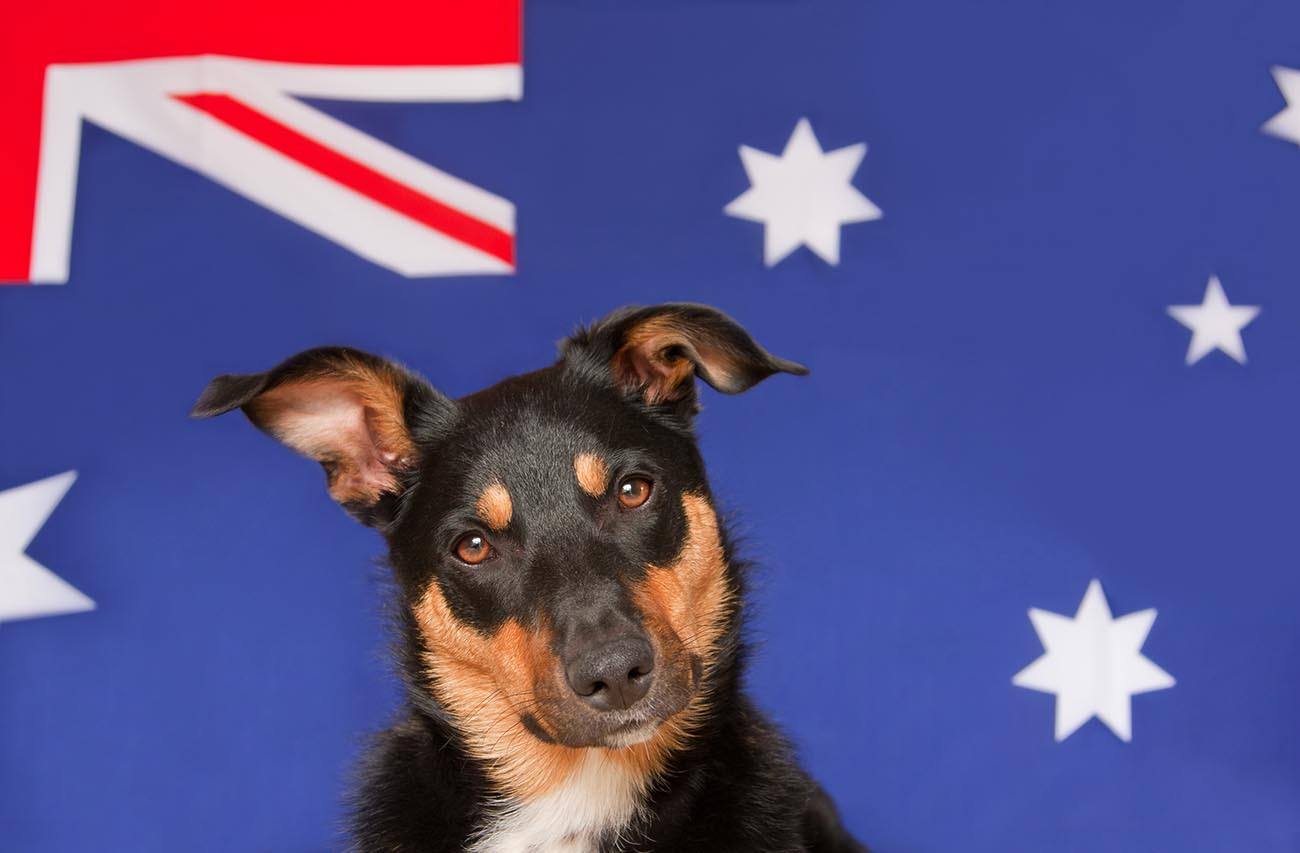Meet the Shepadoodle, an energetic blend of the German Shepherd and Poodle that’s catching the hearts of many families. This unique breed combines intelligence, loyalty, and a playful nature, offering a great furry companion for those who enjoy an active lifestyle.
The Shepadoodle is a mixed breed known for its energy and intelligence, traits that make it a fascinating addition to any household. These dogs are not your average couch potatoes; they crave stimulation, both physical and mental. They excel in canine sports and love activities that challenge their minds, a nod to their German Shepherd and Poodle lineage. However, they can be a bit shy around strangers, so early socialization is a must.
These dogs are generally medium to large-sized, depending on the traits they inherit from their parents. A Shepadoodle might sport more of a Poodle’s curly fur or the shaggy coat of a German Shepherd. Their loyal and affectionate demeanor makes them a fantastic choice for families, provided the family is ready for the energetic demands of this breed. They’re particularly good with children, due to their respectful nature and larger size that handles typical child’s play without a hitch. However, they do require a lot of attention and don’t like to be left alone for extended periods.
Owning a Shepadoodle means being prepared for a pet with a high energy level. Their diet should consist of quality food formulated for large breeds, which can help manage their predisposition to joint issues like hip dysplasia. Exercise is equally important; these dogs require long walks and a chance to stretch their legs. Barking and destructive behavior often arise from boredom, not bad behavior. Keeping them engaged with regular training and play can make all the difference.
Training a Shepadoodle is usually straightforward. Their intelligence and dedication to their families make them eager learners. This doesn’t mean they’re pushovers, though. A bit of adolescent rebellion might show up around maturity, commonly referred to as the ‘teenage phase,’ but it’s usually temporary. Professional training classes are recommended, providing these dogs with the necessary social skills. Plus, they help in channeling their energy positively.
Grooming needs for a Shepadoodle vary. Some might need brushing every other day, especially if they inherit the Poodle’s curly coat. Regular grooming prevents matting and keeps their skin healthy. While they don’t require frequent baths, it’s essential to maintain cleanliness to prevent odors, particularly if they enjoy swims.
Health-wise, Shepadoodles are generally robust dogs but are still susceptible to some conditions like hip dysplasia and bloat. Owners should be cautious about their diet and exercise regimens to reduce these risks. Regular vet visits and monitoring are advisable to catch any potential issues early. Whether or not they get along with other pets mostly depends on the individual dog’s upbringing and socialization, as they can be territorial.
In essence, the Shepadoodle is a loving, energetic dog well-suited for active families ready to meet its high demands for exercise and attention. With the right care and training, these dogs can be fantastic companions, offering loyalty and affection in abundance. Just remember, this is not the breed for someone looking for a quiet, low-maintenance pet.

